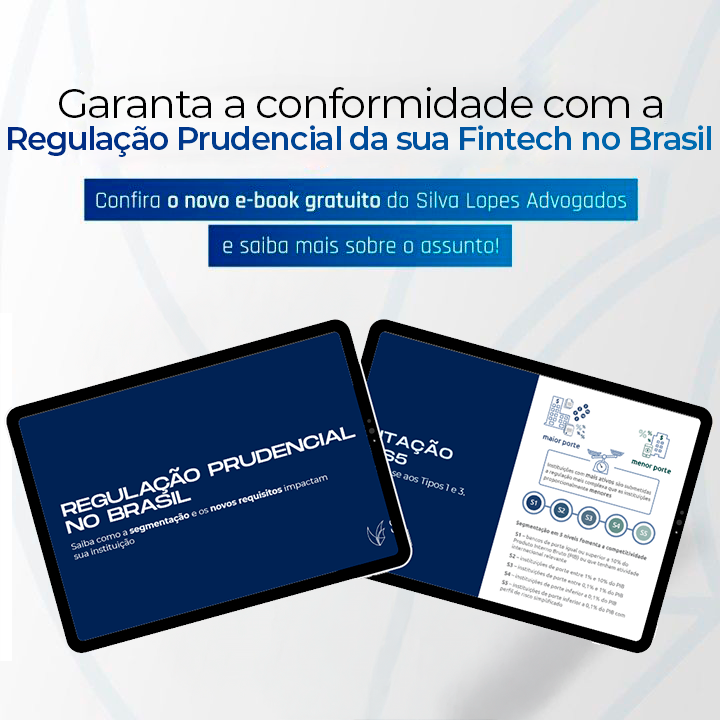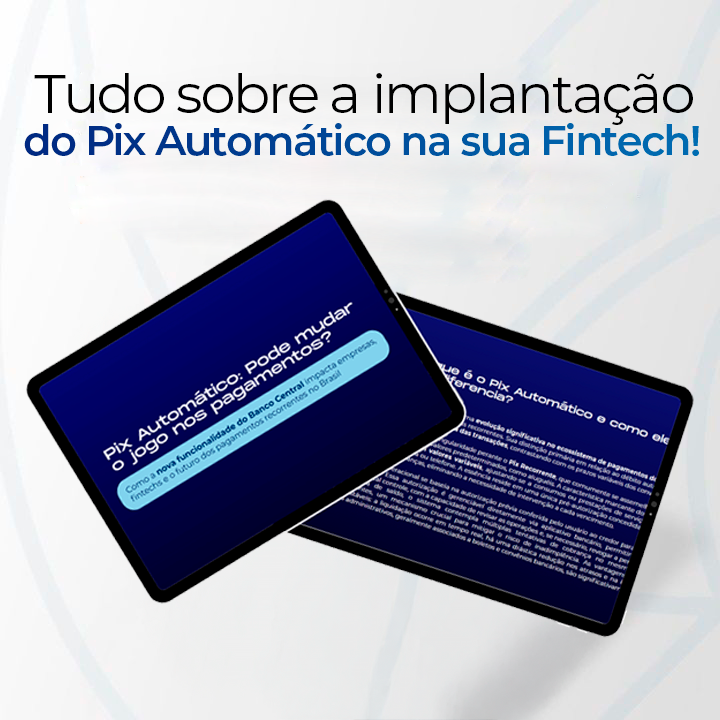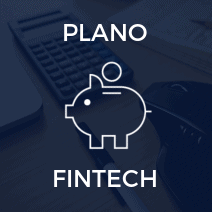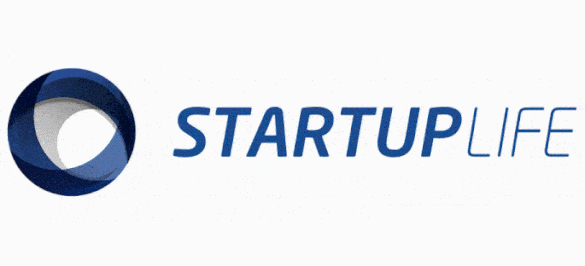Digital credit represents a fundamental shift in how Brazilians access financing. It transforms credit from a service sought at a physical bank branch into an integrated feature available instantly at the point of need—whether at an online checkout, within a digital wallet, or through a simple app.
Driven by fintech innovation and a supportive regulatory environment from the Central Bank, credit encompasses a wide range of products beyond simple loans, all designed for speed, convenience, and accessibility. This article explores the concept of digital credit in Brazil, its main forms, and the technologies that power this dynamic market.
Content:
- What is Digital Credit?
- The Main Forms of Credit in Brazil
- The Technology Powering Instant Credit Decisions
- Credit as a Service (CaaS): The Embedded Finance Revolution
- Impact on Financial Inclusion in Brazil
What is Digital Credit and how it works in Brazil?
Digital credit is any form of credit line, loan, or financing that is offered and managed entirely through digital channels. Unlike traditional credit, which relies on manual analysis, paperwork, and in-person interactions, credit leverages data and technology to automate the entire lifecycle.
The process, from application and credit analysis to approval and disbursement, is designed to be seamless and embedded within the user’s digital journey. This focus on user experience and data-driven decisions allows providers to offer personalized, contextual, and often instantaneous credit to a much broader audience than was previously possible.
The Main Forms of Digital Credit in Brazil
The digital credit landscape in Brazil is diverse and rapidly evolving. One of the most prominent forms is the digital credit card, popularized by fintechs that offered no annual fees and a fully app-based management experience, reaching millions of consumers who were underserved by incumbent banks. Another rapidly growing category is Buy Now, Pay Later (BNPL), known locally as “Crediário Digital” or “Boleto Parcelado”.
This model allows consumers to split the cost of online purchases into installments without needing a traditional credit card. Furthermore, digital personal loans remain a core product, with fintechs offering faster approval and disbursement directly into a user’s account, often via Pix. This includes salary-advance loans and other short-term credit solutions integrated into digital banking apps.
The Technology Powering Instant Credit Decisions
The ability to grant credit in seconds is powered by a sophisticated technological framework. At its heart are Artificial Intelligence (AI) and Machine Learning (ML) algorithms that analyze vast amounts of data to assess a consumer’s creditworthiness. This goes far beyond traditional credit scores. The ecosystem of Open Finance in Brazil, mandated by the Central Bank, is a key enabler, allowing consumers to securely share their transaction history from various banks with a credit provider.
This rich data provides a holistic view of an individual’s financial health, enabling more accurate risk assessment and fairer pricing. This technological leap has been instrumental in safely extending credit to millions of Brazilians for the first time.
Credit as a Service (CaaS): The Embedded Finance Revolution
A significant trend shaping digital credit in Brazil is the rise of Credit as a Service (CaaS). This model, a form of embedded finance, allows non-financial companies—such as e-commerce platforms, retailers, and even utility companies—to offer credit products directly to their customers without becoming a regulated financial institution themselves. They integrate with a CaaS platform, which handles the technology, compliance, and regulatory licensing in the background.
This allows a retailer, for example, to offer its own branded installment plan at checkout, creating a seamless customer experience and opening up new revenue streams, all while the credit operation is powered by a regulated partner like an SCD or other financial institution.
Impact on Financial Inclusion in Brazil
Perhaps the most significant impact of digital credit has been on financial inclusion. By using alternative data and more inclusive risk models, fintechs have been able to provide credit to a vast segment of the population previously deemed “unbankable” by traditional institutions. This access to credit, whether a small personal loan or a digital credit card, provides a crucial tool for managing personal finances, making larger purchases, and building a credit history.
As technology and regulation continue to evolve, credit is set to play an even larger role in fostering economic activity and empowerment across Brazil.
For further information regarding our services, get in touch:











